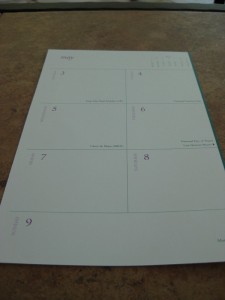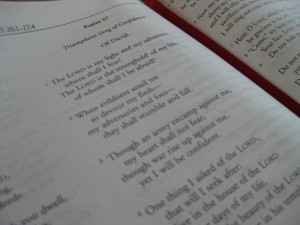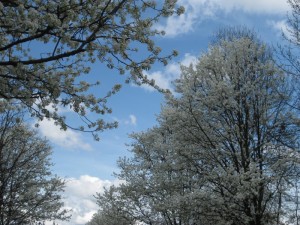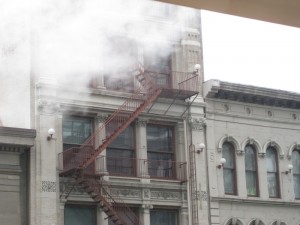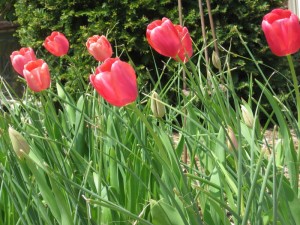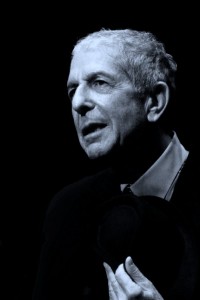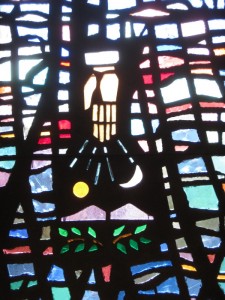This past week included, among everything else that a week brings, a late-night watery floor. It resulted from what I expected to be a typical load of laundry, with too many other loads awaiting their turn. I mopped up the water, put the clothes in the dryer, and resolved to think about that tomorrow. This is my first choice in dealing with any crisis that arises after 10:00 at night. Most of the time it works quite well.
Insight 1: Sometimes we get messed over by our own procrastination, and it feels lousy.
Lesson 1: Don’t procrastinate.
Caveat: This is easier said than done.
It was a busy week, but a couple of evenings later I gathered the strength to face the question of whether it was a hose problem or a washer problem. I ran water into the machine, watched it drain and spin, and there was apparently no problem. Wanting to believe that the prior event was an anomaly, I started another small load and walked away. Which resulted in water on the floor again.
Insight 2: We know what we know, even if we don’t want to admit it.
Lesson 2: We can avoid messes if we take responsibility for what we know.
Caveat: Sometimes it’s hard to know how.
Clearly it was not simply a problem with the hose. With the washing machine several years old, and the high cost of a service call, we chose to replace the machine. I was glad to have that option, and assumed I would find something similar to the old washer, have it delivered, and get on with the laundry.
But the technology of washing machines has moved on, and there were things to learn in order to make a good decision. When I finally understood this, I regretted my thoughtlessness and began trying to learn enough to choose wisely.
Insight 3: Good decisions require knowledge and attention.
Lesson 3: Acting responsibly involves making an effort to learn.
Caveat: There are limits to what we can know; we simply do the best we can.
Now I have a front-loading washing machine, which uses less water, detergent, and power than the old one. I’m still getting used to it. For as long as I’ve been doing laundry, getting clothes clean has meant agitation—energetic churning of fabric through great quantities of water and suds. I had to embrace a new paradigm as I watched the first load of sheets cycle through the wash.
The drum turned, lifting the sheets gently to the right until they dropped, and continued to turn slowly, lifting and dropping. Then the machine stopped and turned in the opposite direction to lift and drop the fabric again. Over and over. It was more like the movement of women beating laundry against river rocks than my familiar modern way of washing clothes. The new machine uses just enough water to wet the fabric, then lifts and drops the laundry until it’s clean. Amazingly, it works—the steady, rhythmic motion of the ancient way is apparently the right idea.
Insight 4: All the agitation that I thought of as necessary…isn’t.
Lesson 4: Some assumptions about how things must be done are wrong. Look for a simpler and more sustainable way. There are clues to be found in the past.
Caveat: I’m grateful not to be washing clothes in the river. New technology can be a good partner to the old ways.
I realize from the whole experience that it’s important to leave room for what genuinely needs attention. Including the need for sleep. But I’m also wondering about other kinds of agitation I’ve assumed was necessary. Maybe I need to rethink some of them.
Is there another way to do things without so much churning?


